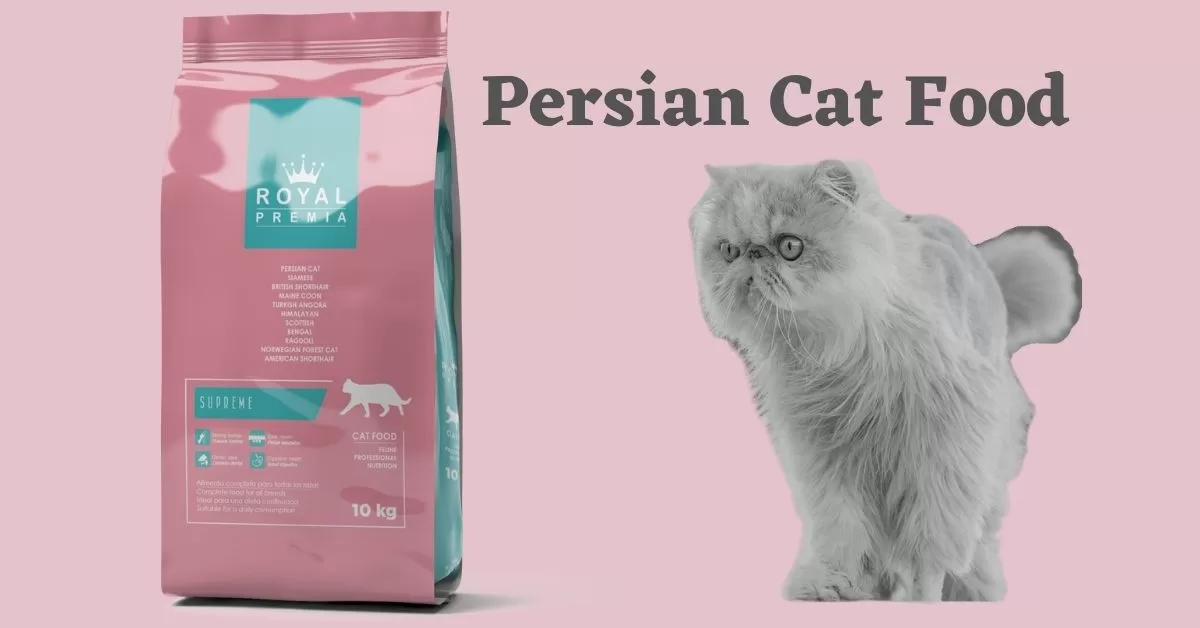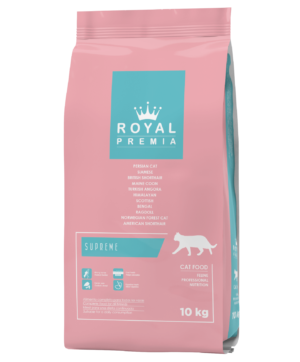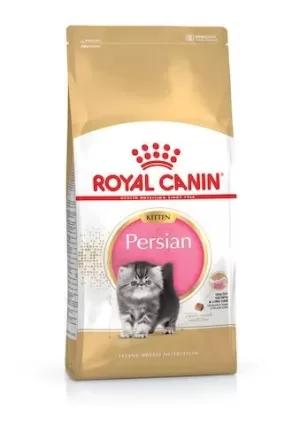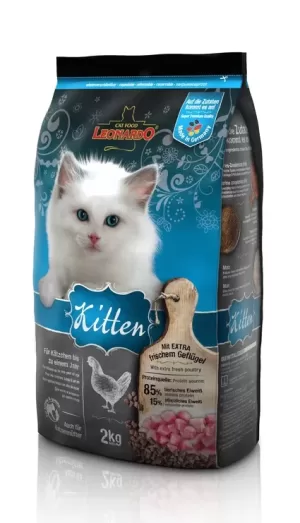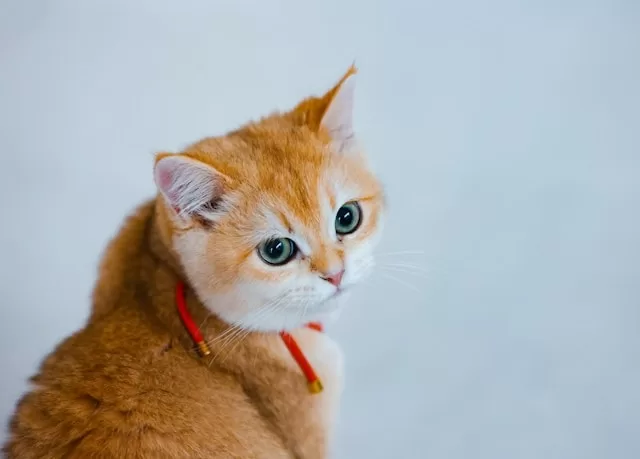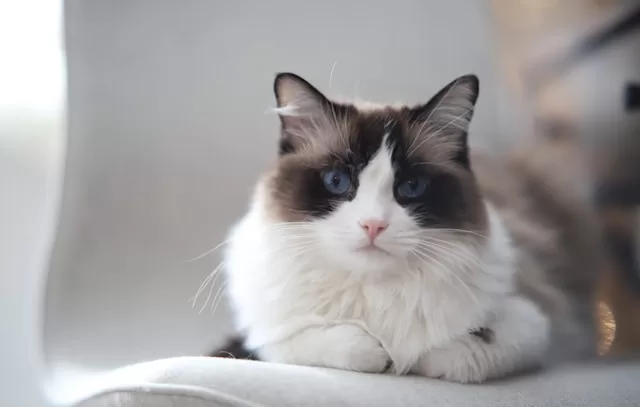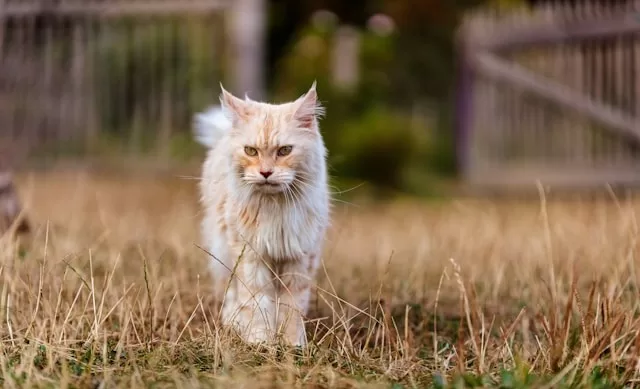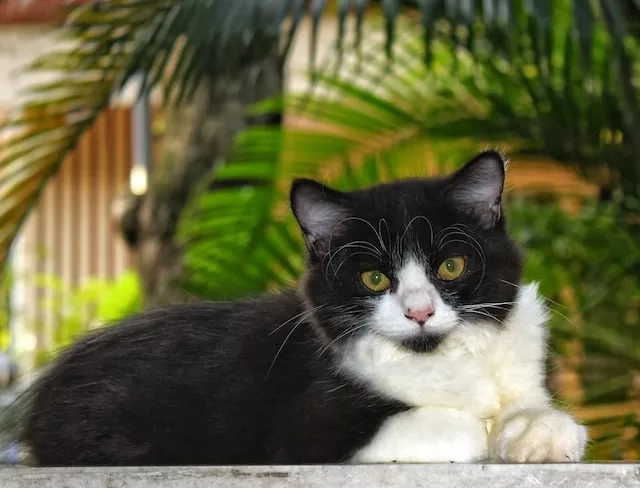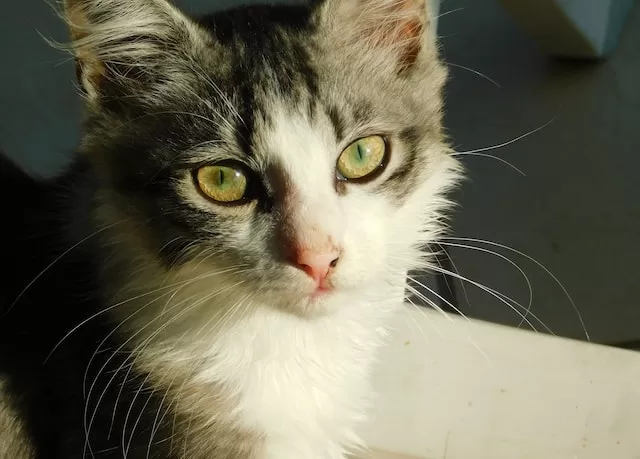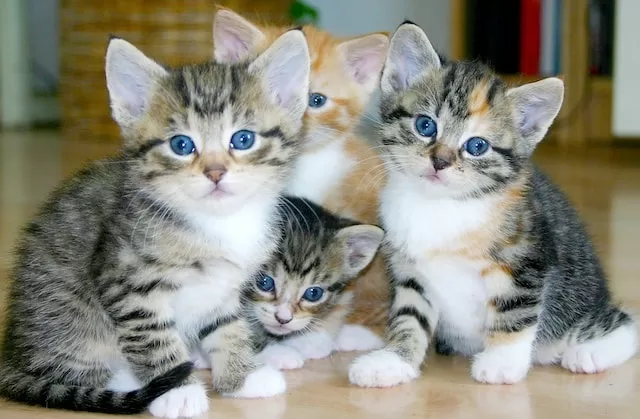Are you the proud owner of a luxurious Persian cat? These fluffy felines are known for their stunning long coats and sweet dispositions. To keep your Persian kitty healthy and happy, it’s essential to feed them a nutritious diet tailored to their specific needs.
Persian cats have unique dietary requirements due to their distinctive features, such as their flat faces and long, dense fur. Here are some tips to ensure you’re providing the best nutrition for your beloved Persian companion:
High-Quality Protein: Protein is essential for your Persian cat’s overall health and well-being. Look for cat foods that list a high-quality protein source, such as chicken, turkey, or fish, as the primary ingredient. These proteins provide the necessary amino acids for muscle growth and maintenance.
Balanced Nutrition: A well-balanced diet is crucial for Persian cats, as it helps maintain their coat’s health and shine. Choose cat foods that are specifically formulated for long-haired breeds like Persians. These formulas often contain added nutrients, such as omega-3 fatty acids and biotin, to support skin and coat health.
Easy-to-Digest Formula: Persian cats are prone to digestive issues, so it’s essential to select cat food that is gentle on their sensitive stomachs. Opt for formulas that contain easily digestible ingredients and are free from artificial additives and fillers.
Moisture Content: Persians are not always keen on drinking water, which can lead to dehydration and urinary tract problems. To ensure your cat stays hydrated, consider feeding them wet cat food in addition to or instead of dry kibble. Wet food has a higher moisture content, which can help prevent urinary issues and promote kidney health.
Regular Feeding Schedule: Establish a consistent feeding schedule for your Persian cat to maintain their digestive health and prevent obesity. Divide their daily food intake into several small meals throughout the day, rather than leaving food out for free-feeding.
Monitor Portion Sizes: It’s easy for Persian cats to gain weight, especially if they have a sedentary lifestyle. Be mindful of portion sizes and adjust accordingly based on your cat’s age, weight, and activity level. Consult with your veterinarian if you’re unsure about the appropriate amount to feed your Persian cat.
Treats in Moderation: While it’s tempting to spoil your Persian cat with treats, it’s essential to offer them in moderation. Opt for high-quality treats that complement their diet and avoid overindulging, as excessive treats can lead to weight gain and nutritional imbalances.
By following these tips and providing your Persian cat with a balanced and nutritious diet, you can ensure they live a long, healthy, and happy life.
Remember to consult with your veterinarian for personalized dietary recommendations based on your cat’s individual needs and preferences.
With the right care and nutrition, your Persian companion will thrive and continue to grace your home with their beauty and affection.

